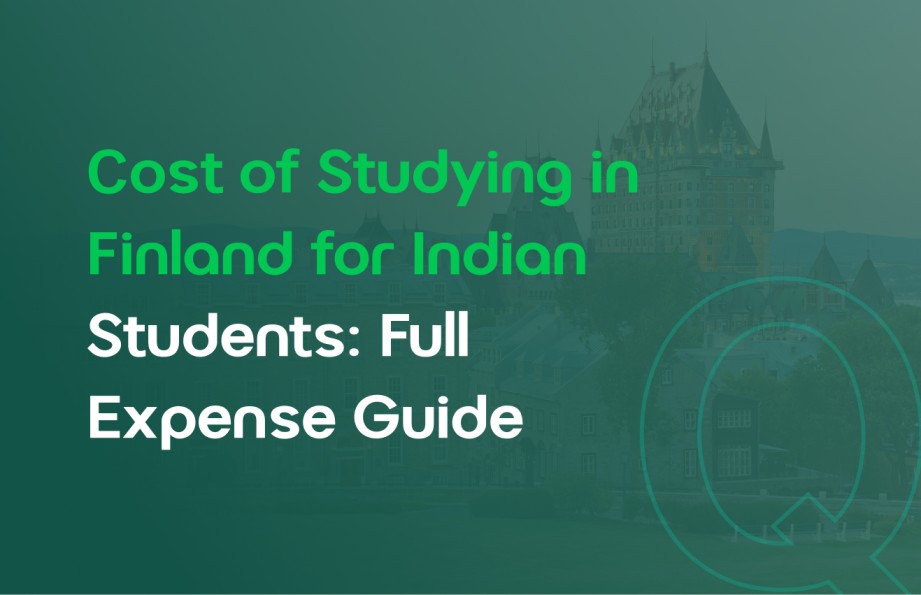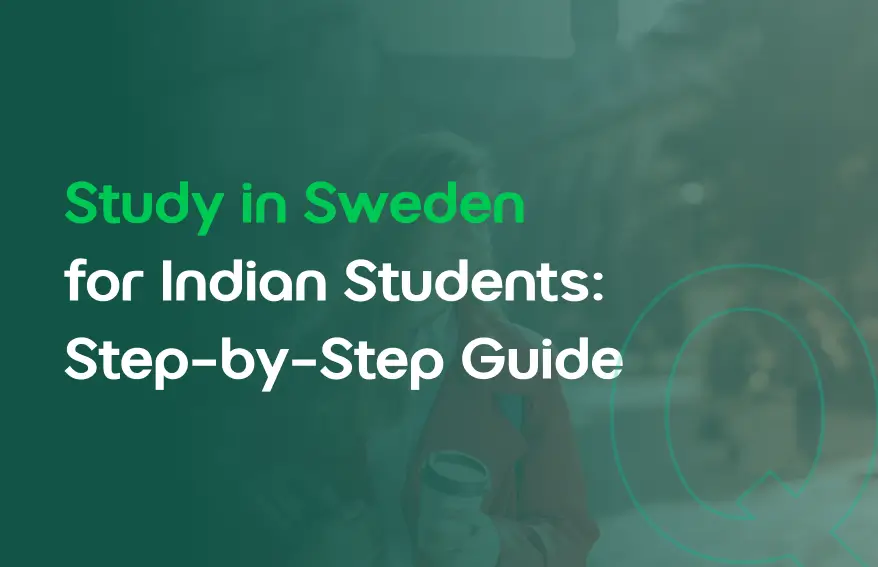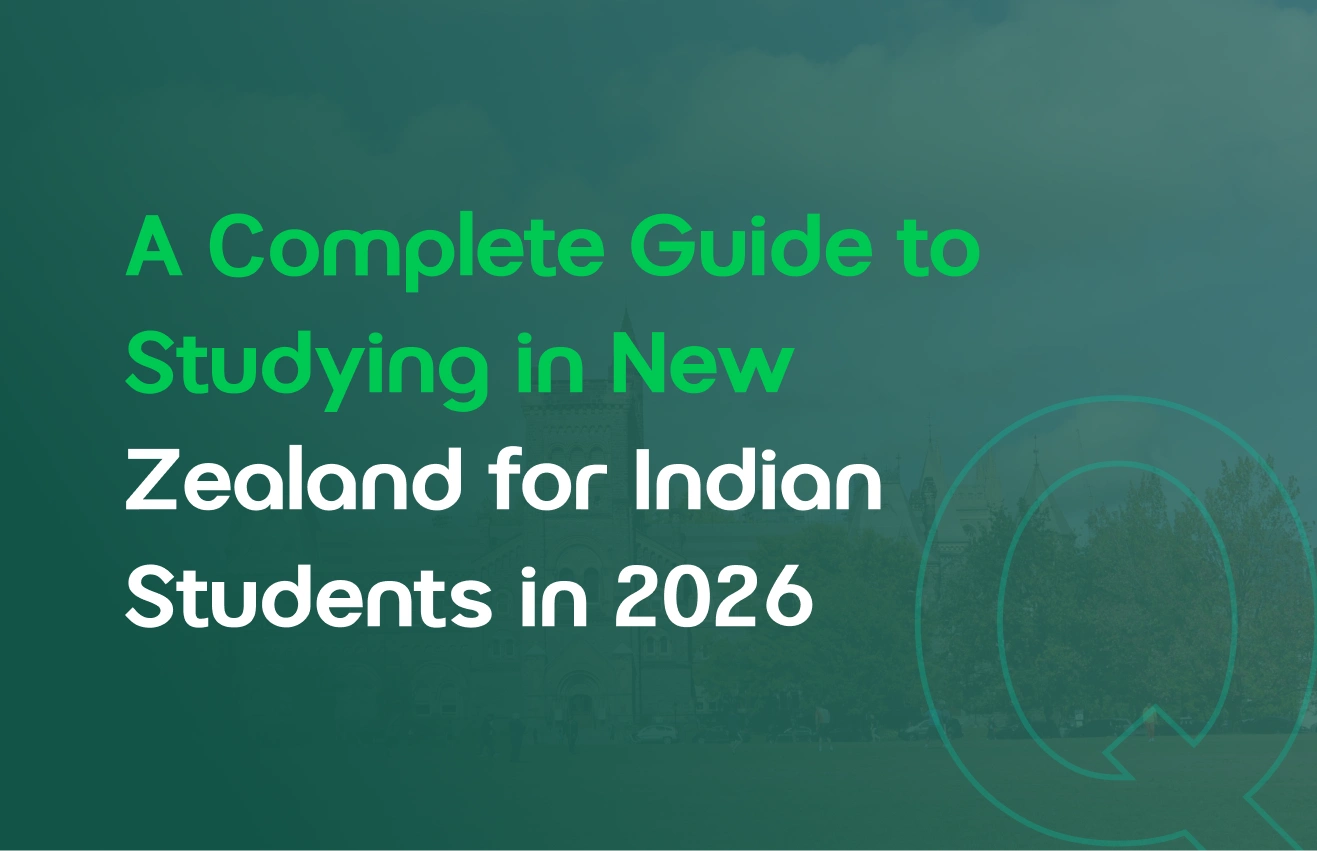Worried if you’ll have to start paying off your education loan while still studying or right after graduation? It’s a real concern, especially when you haven’t even received your first paycheck yet. That’s exactly why the moratorium period in education loans exists. It’s not something extra or special. It’s a helpful feature that gives students a little break during a time that’s already stressful.
If you’re struggling with high study costs, worried about getting a job after your course, or feeling confused by all the loan details, then learning about the moratorium period of education loans can really help. Many students don’t get this info early, and that’s why they end up stuck later on.
Let’s clear up the confusion and help you make informed choices because when it comes to loans, what you don’t know can cost you more than you think.
The moratorium period in education loan is a temporary break where the borrower doesn’t have to repay the loan right away. This usually covers the study period plus a few months after graduation. Think of it like a grace period.
During this time, you’re not forced to pay EMIs. It helps you focus on studies without the stress of immediate repayments.
The moratorium period of education loan exists to reduce the financial burden on students while they complete their education.
Usually, the moratorium period lasts till the course duration ends, plus 6 to 12 months.
So, if your degree is 2 years, you may get 2 years of study time + 6 months post-study as your total moratorium. The exact duration can vary from lender to lender depending on their policies and how your course is structured.
That said, here’s a simple breakdown to help you understand what the moratorium window might look like based on different types of courses:
Keep in mind, these timelines are estimates, and each lender might tweak them slightly. That’s why it’s a good idea to confirm the exact moratorium period before signing your loan agreement.
Do you have to pay interest during the moratorium period? Yes and no. Most banks charge interest during the moratorium, but you’re not required to pay it immediately.
The interest gets added to your loan amount. This is called simple interest or accrued interest, depending on the lender. So, by the time the repayment starts, your outstanding loan could be higher than what you originally borrowed.
Trying to pay off a loan while you’re still in college or just after finishing can be really tough. That’s why the moratorium period in education loans is helpful. It gives you a bit of a break before you need to start making payments. Here’s how it helps:
Even though EMIs are on pause, it doesn’t mean you can forget about the loan. Let’s now look at some things that can go wrong if you’re not careful.
The moratorium period can feel like a break, and in many ways, it is. But it comes with a few things you should watch out for. Many students think they don’t need to worry about the loan at all during this time, but that’s not quite right.
Keeping these points in mind can save you from future trouble.
We get it, loan paperwork, moratorium terms, interest rules, and lender fine print can be confusing. At Qck Loans, we’ve helped so many students who just didn’t know where to begin.
That’s why we don’t just hand you a list of lenders. We walk you through the whole thing—comparing offers, checking moratorium support, and making sure your choice matches your financial comfort. With years of hands-on experience, we know what to ask, what to avoid, and how to get you a loan that works for you.
Feeling unsure about which loan fits your needs? Reach out to Qck Loans, we’ll help you figure it out so you can start your journey without the stress.
When you take an education loan, you don’t always think about what happens after your course ends. But the truth is, loan repayment can hit hard, especially if you’re still looking for a job. That’s why knowing about the moratorium period in education loan is so important.
It gives you time. Time to settle in. Time to plan. Time to breathe. But don’t forget, while you’re taking that time, interest may still be growing quietly in the background. So make sure you understand what your lender is offering.






